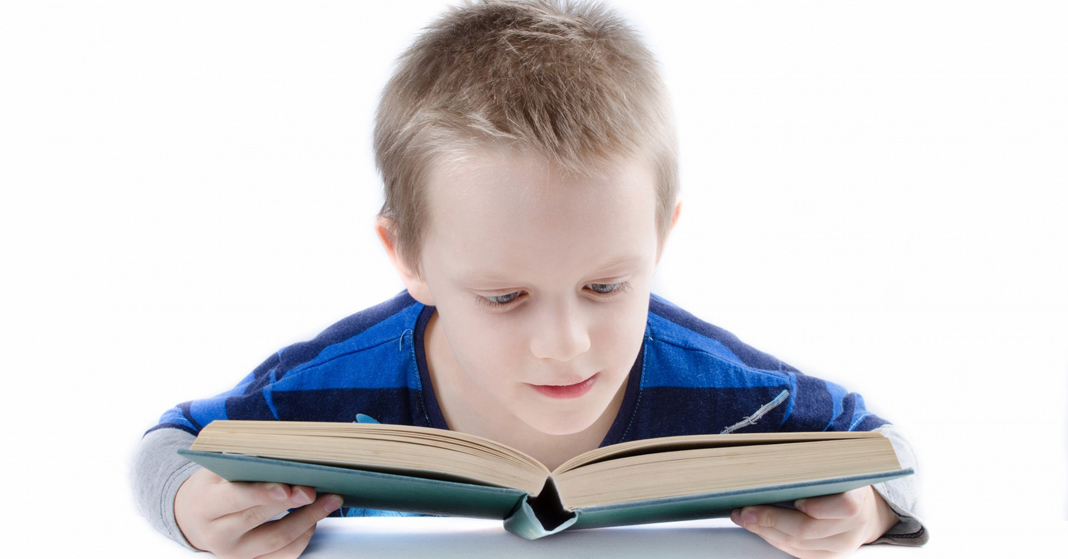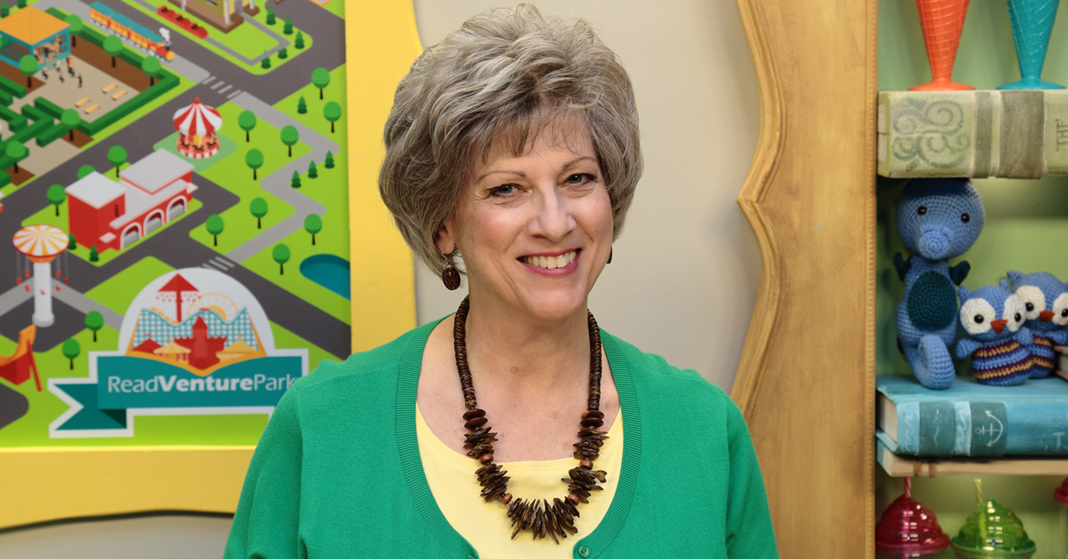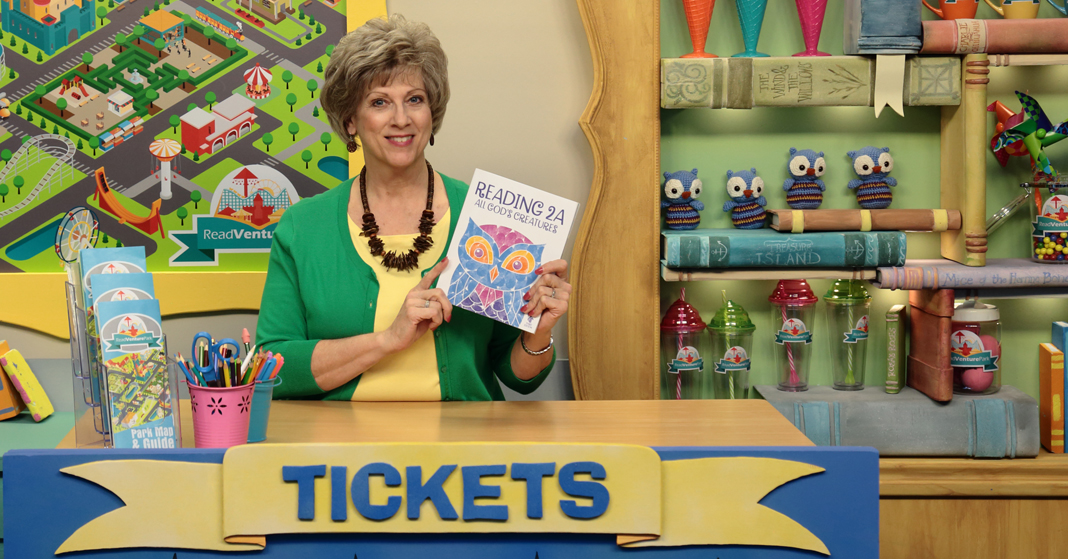
Critical thinking skills are essential for success in today’s society. But they’re not something you can cram into your child’s head right before they graduate. The ability to thinking critically has to be developed. And developing it takes a lot of time.
What exactly is critical thinking? Critical thinking, sometimes called higher order thinking skills, or HOTS, includes the ability to make applications, analyze, evaluate, create, and synthesize information. Critical thinkers don’t just know information; they know how to use it. They can solve problems and think for themselves.
So if the development of critical thinking skills is such a crucial part of any homeschool, how can you as a homeschool mom start developing these skills in your young children?
Encourage Imaginative Play
First of all, you can give your young children plenty of unstructured play time. Play is an important part of childhood—it is truly the “work” of children. When kids play, they have opportunities to “try out” different roles and activities. I see this a lot in my home—my youngest daughter is just starting to enjoy pretend play. Last night she pretended to be a restaurant worker, and I was the customer. Her little two-year-old mind had to work through what she needed to fill my order. I ordered tea and salad, but for me to enjoy my “meal,” she needed to bring me a cup, a plate, a pile of pretend lettuce, and a fork.
When my older daughters play, their fantasies are a lot more complex. Sometimes they’re early American settlers trying to survive in the wilderness. Sometimes they’re managing orphanages or teaching in schools. But they’re always solving problems, applying the things that they know to different scenarios and exercising their brains. They aren’t wasting time.
Ask Questions to Encourage Critical Thinking Skills
• Ask a lot of questions.
Another important way you can develop critical thinking skills in your young children is by asking them lots of questions—and not just yes-no questions. Ask them open-ended questions that require thoughtful answers. The BJU Press reading curriculum is full of this type of questioning. You can read about how these questions help build interest and develop critical thinking skills in my article “Make Reading Lessons Interesting with Questions.”
You can use this type of question in everyday conversation too. For example, my oldest daughter is a voracious reader. One evening during dinner, my husband asked her about one of the books she had just finished reading. She immediately began to summarize the plot. But my husband was more interested in the moral tone of the book, so he began asking her questions such as “Why is that character considered good? Did that character do the right thing? How do you know?” Questions like these help her to analyze and evaluate the things that she reads.
• Get them to make predictions.
Second, ask your kids questions to help them make predictions. When my kindergartner learned about dentists and dental health, we decided to do an experiment that was suggested in the BJU Press Focus on Fives teacher edition (vol. 1). I hard-boiled three eggs and soaked them in a dark-colored cola to show what sugary drinks do to your teeth. Before I placed the eggs in the cola, I asked my daughter “What do you think is going to happen to these eggs? Do you think the cola is going to be good for them?” Questions like these will help her develop cause-and-effect reasoning abilities that are necessary for making applications.
• Ask them to compare and contrast.
Finally, ask your kids to compare and contrast things. This past week, I taught my kindergartner about the letter e. She was having difficulty writing the uppercase E and kept writing the numeral 3. So I started asking her questions: “How does an E look like a 3? What’s different about it?” This comparing and contrasting exercise helped her distinguish between the two because it helped her analyze the parts of each one.
Allow Your Kids to Fail (and Help Them Learn from It)
Our kids will never learn to think for themselves if we do all their thinking for them. So give them permission to try new things, and be prepared to let them fail. When I was about eleven, my mother was so sick one night that she let my brother and me make dinner without her supervision. We ruined thirteen potatoes that night learning how not to cook a potato. But we did eventually figure out a way to cook them to everyone’s satisfaction. Sometimes the best way to learn how to do something is to experience what doesn’t work.
Additional Resources
If you’re interested in learning more about the importance of critical thinking and how BJU Press homeschool materials develop critical thinking skills, check out the following articles.



